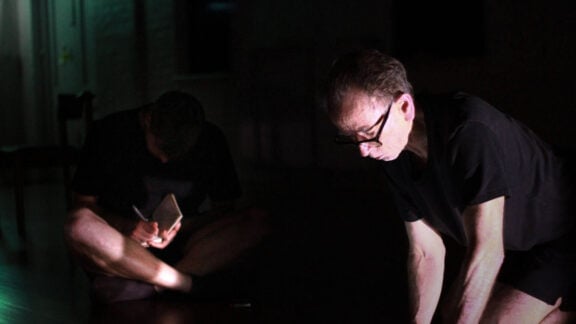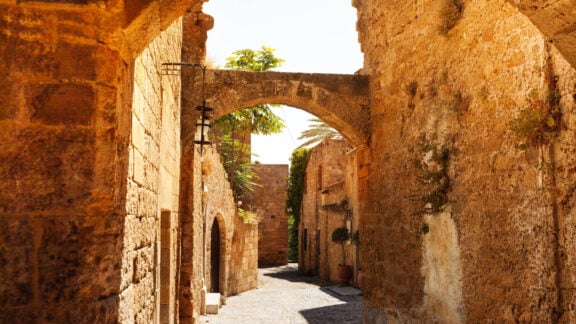Egyptian Foreign Minister Badr Abdelatty sought to reassure his Greek counterpart on Wednesday following a court ruling that decided the historic Saint Catherine’s Monastery in Egypt’s Sinai peninsula sits on state land.
The ruling sparked concern among Orthodox patriarchates in Athens, Jerusalem and Istanbul, who expressed fears the land could be confiscated after the court rejected the monastery’s ownership claims.
During a meeting in Cairo, Abdelatty told Greek Foreign Minister Giorgos Gerapetritis that the ruling does not affect the site and that it “preserves the monastery’s esteemed spiritual value and religious standing”, according to a statement from Egypt’s foreign ministry.
The court decision, issued last week in a land dispute between the monastery and the South Sinai governorate, stated that the monastery “is entitled to use” the land and the surrounding archaeological religious sites, all of which “the state owns as public property”.
Cairo has denied that the ruling threatens the UNESCO World Heritage landmark.
“The ruling affirmed the continued permission for the monastery’s monks to benefit from it and from the religious and archaeological areas in the region,” the foreign ministry statement said.

“Contrary to erroneous media reports, the ruling explicitly confirmed the religious, spiritual, and monastic custodianship of the monastery and the surrounding lands.”
St Catherine’s was established in the sixth century at the biblical site of the burning bush in the southern mountains of the Sinai peninsula, and is the world’s oldest continually inhabited Christian monastery.
Speaking in a televised address, Gerapetritis said he had discussed the matter with his Egyptian counterpart and the two agreed to work “to protect the monastery’s rights and legal status” going forward.
He added that both Egypt and Greece wish “to move forward on the basis of the monastery’s established traditions and enduring value as a place of Greek Orthodox worship”.
The area of the monastery, which includes an eponymous town and a nature reserve — already a popular tourist site — is undergoing major development under a controversial government project aimed at ramping up visitor numbers.
Observers say the project has harmed the reserve’s ecosystem and threatened both the monastery and the local community.
Source: AFP









